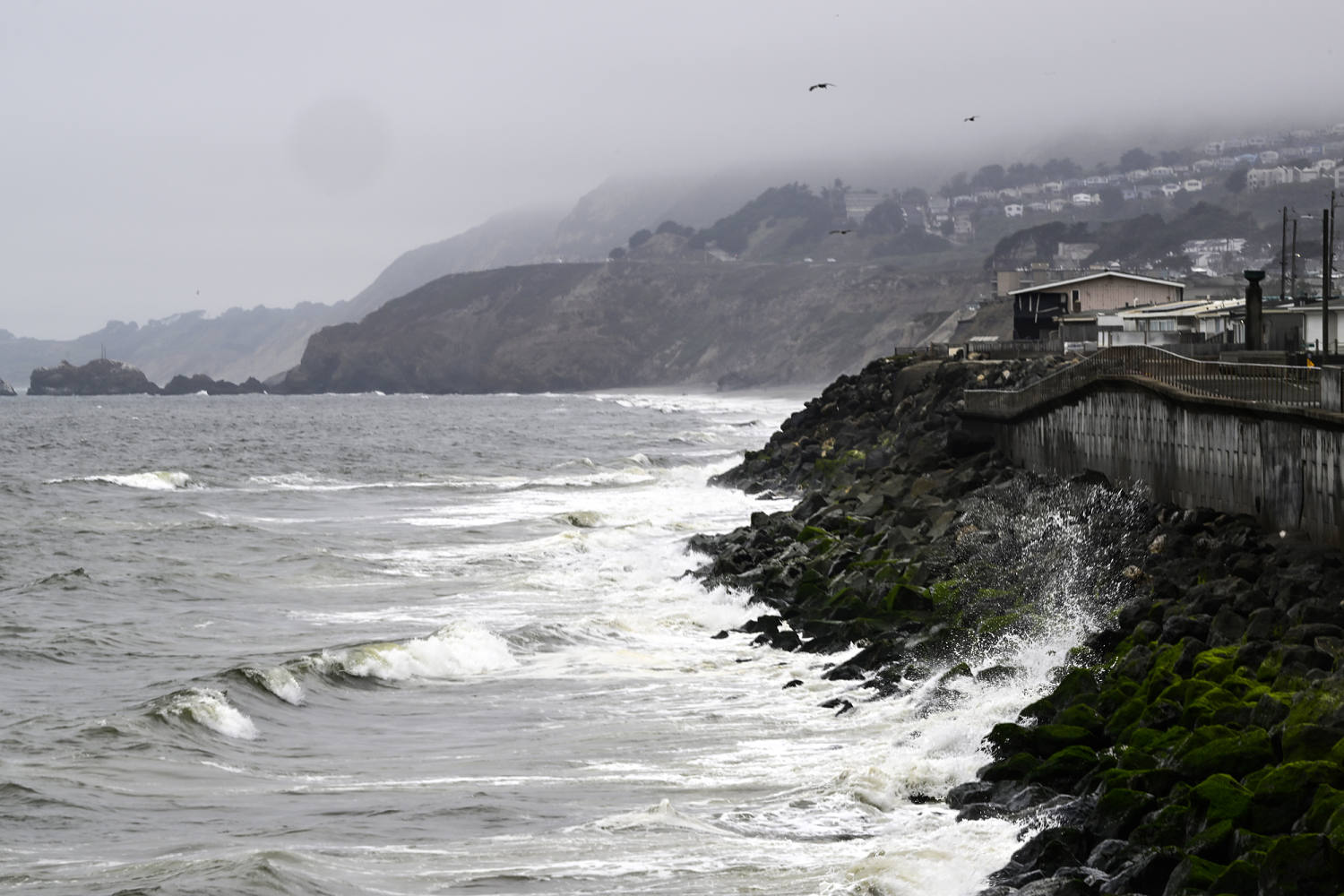Supreme Court upholds Oklahoma decision, in blow to religious charter schools

An evenly divided Supreme Court on Thursday ruled against a religious school that sought public funding from the state of Oklahoma.
In a 4-4 vote, the justices upheld the Oklahoma State Supreme Court’s decision that for St. Isidore of Seville Catholic Virtual School in Oklahoma City to receive public funds would be unconstitutional. Justice Amy Coney Barrett had recused herself from the case.
The court issued a one-sentence ruling upholding the lower court’s decision, saying only: “The judgment is affirmed by an equally divided Court.”
Oklahoma has argued that providing state funds for a religious charter school violates the First Amendment.
TRUMP FACES ANOTHER DEPORTATION SETBACK WITH 4TH CIRCUIT APPEALS COURT
The Oklahoma Statewide Virtual Charter School Board approved St. Isidore’s contract request in June 2023, making them eligible to receive public funds. The school agreed that it would be free and open to all students “as a traditional public school,” and would comply with local, state and federal education laws.
But St. Isidore also indicated that the school “fully embraces the teachings” of the Catholic Church and participates “in the evangelizing mission of the church.”
Its ability to receive state funding was later blocked by the Oklahoma Supreme Court, which ruled that using the funds for a religious school was in violation of the Establishment Clause of the First Amendment.
Oklahoma Attorney General Gentner Drummond sued to block the approval of the school’s state charter, calling it an “unlawful sponsorship” of a sectarian institution, and “a serious threat to the religious liberty of all four-million Oklahomans.”
That argument was appealed to the Supreme Court, which agreed to hear the case in October.
In more than two hours of wide-ranging oral arguments last month, justices appeared split along ideological lines over whether to allow St. Isidore to become the first religious charter school in the U.S.
The justices focused on two questions during the oral arguments: First was whether charter schools should be treated as public schools, which are considered extensions of the state and therefore subject to the Establishment Cause and its ban establishing or endorsing a religion; or if the school should be considered a private entity or contractor, which was the argument made by St. Isidore.
The second question was whether Oklahoma’s actions violated the Free Exercise Clause of the Constitution, by placing what the school argues is an undue burden on its religious mission.
100 DAYS OF INJUNCTIONS, TRIALS AND ‘TEFLON DON’: TRUMP SECOND TERM MEETS ITS BIGGEST TESTS IN COURT
The decision comes as the Supreme Court’s conservative majority has, in recent years, ruled in favor of allowing taxpayer funds to be allocated to some religious organizations to provide “non-sectarian services” such as adoption services or food banks.
In this case, the justices debated what limits on curriculum supervision and control would be placed on the religious charter school, if its contract with the state was allowed to move forward.
Justices Kentanji Brown Jackson, Sonia Sotomayor and Elena Kegan pressed attorneys for the school on how they would treat students with different religious backgrounds who might opt to attend.
There is no indication of how each justice ultimately voted.



